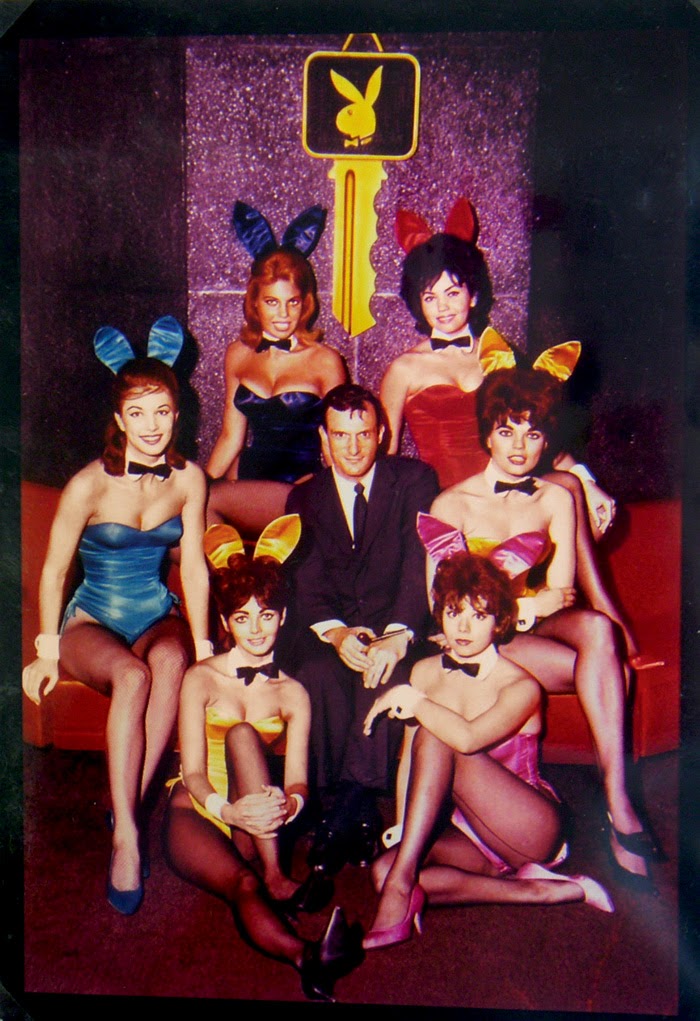
Oddball Films presents Cult of Personality - Charismatic Mini-Docs with an evening of short portrait documentaries about outlandish, endearing and out-there characters from a selection of notable and award-winning filmmakers. In I Remember Barbra (1980), Kevin Burns takes to the streets of Brooklyn for recollections of Barbra Streisand from the many colorful characters of her hometown. Tom Palazzolo captures the friendly frenzy of a lunch-rush at Jerry's Deli (1976) with its benevolently loud owner barking and snarking with his amused clientele. A lovably eccentric inventor in rural England has the solution for rising gas prices in Bate's Car: Sweet as a Nut (1974). Charles Braverman's Trader Vic's Used Cars (1975) features the most charismatic and upfront used car salesmen you will ever meet. Get inside the mind, and Chicago mansion of Hugh H*fner, in The Most (1963) and behind the music and community outreach of James Brown - The Man (1967). Meet teenage ventriloquist Shirley Dinsdale and her right hand gal, Judy Splinters in the Universal's Popular Person Oddity Double-talk Girl (1942). Plus, an entertaining excerpt from Martha Coolidge's (Valley Girl, Real Genius) portrait of her Yankee Grandmother, Old-Fashioned Woman (1974). Stranger than fiction, realer than reality TV, Oddball has got character in spades!
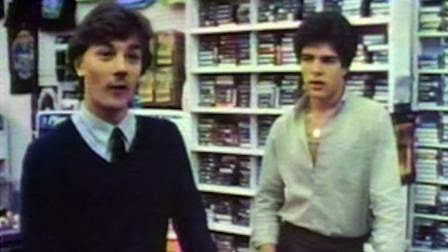
Web: http://oddballfilms.blogspot.com/2014/01/cult-of-personality-charismati…
Featuring:
I Remember Barbra (Color, 1980)
Barbra Streisand retrospective by filmmaker Kevin Burns, who takes to the streets, shops, boardwalks, apartment houses and classrooms of Brooklyn to document the Barbra Streisand her friends and neighbors remembered as an adolescent and up and coming performer. No clips of Barbra are used in the film, nor is her music. Instead, the documentary focuses on everyday Brooklynites and their personal recollections of a favorite hometown girl. A bizarre and amusing slice of Brooklyn circa 1980.
|
Image
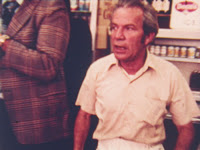
|
A portrait of a loveable eccentric, this short film presents Mr. Bate, an inventor living in rural southwest England who discovers a substitute for gasoline in barnyard manure. Even though he fits the classic mould of single-minded know-how and practical dreamer, his discovery is tried and tested. He demonstrates how his homemade digester does turn manure into potent methane gas that powers his auto. And for good measure, he demonstrates his latest sustainable invention – a bicycle powered by the bumps on the road.
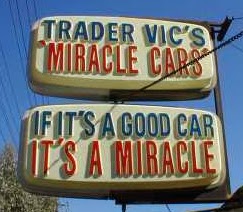
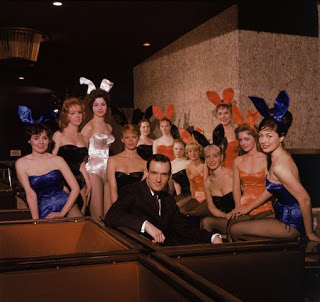
This rare, award-winning biopic by Richard Ballentine and Gordon Sheppard, chronicles the man known for selling sex to America and creating a socio-sexual cultural phenomenon, Hugh Hefn*r.
The documentary short, which won the 1963 San Francisco International Film Festival's Golden Gate Award, is an incredibly savage length of film. One wonders, in the face of all the evidence, if it really is a documentary, if its subject-Hugh Hefn*r, Playb*y magazine, Pl*yboy Clubs, Pl*yboy bunnies, the lot - exists at all. That man, strutting, preening, posing, and spouting nonsense, is a new kind of animated cartoon, a sort of mental Magoo who cannot possibly realize what he is saying when he admits, with feigned modesty, "It's probably not true that I have made love to more beautiful women than any man in history," or when he asserts, "Going by the strict definition of the word, yes, I suppose I am a genius."
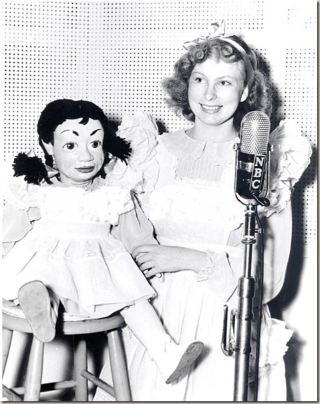
Double-Talk Girl (B+W, 1942)
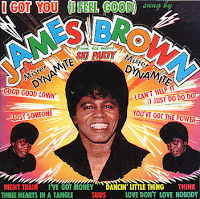
Our films are almost exclusively drawn from our collection of over 50,000 16mm prints of animation, commercials, educational films, feature films, movie trailers, medical, industrial military, news out-takes and every genre in between. We’re actively working to present rarely screened genres of cinema as well as avant-garde and ethno-cultural documentaries, which expand the boundaries of cinema. Oddball Films is the largest film archive in Northern California and one of the most unusual private collections in the US. We invite you to join us in our weekly offerings of offbeat cinema.



